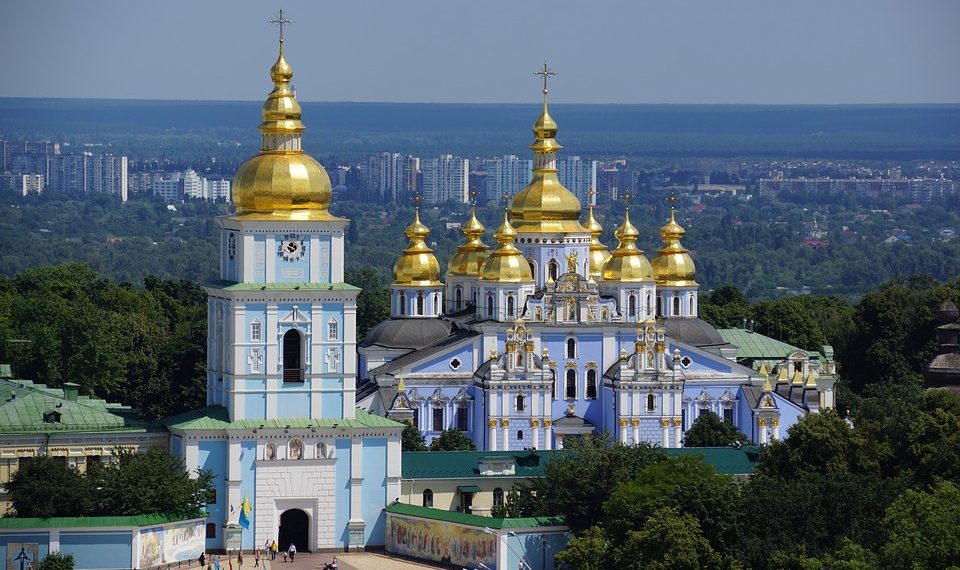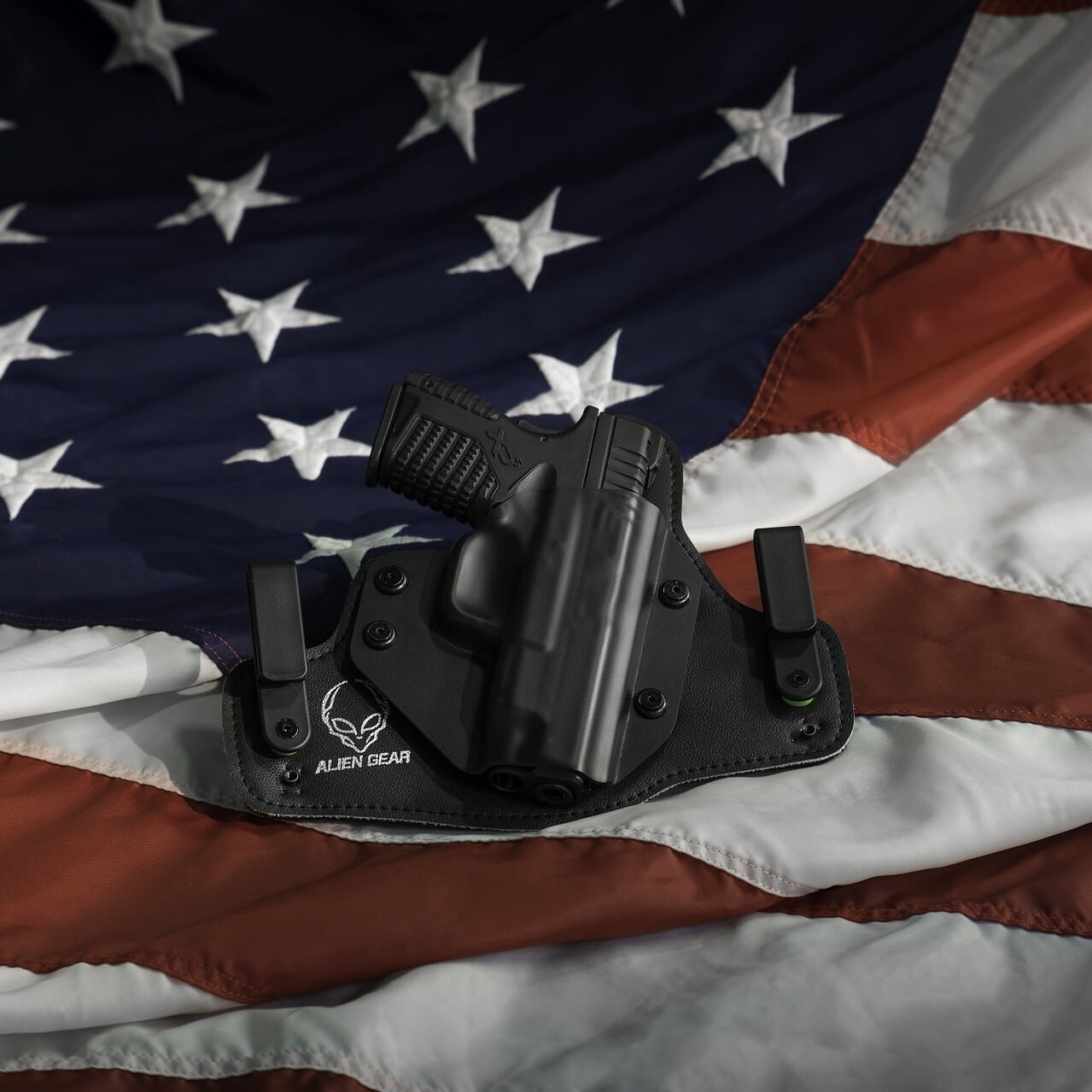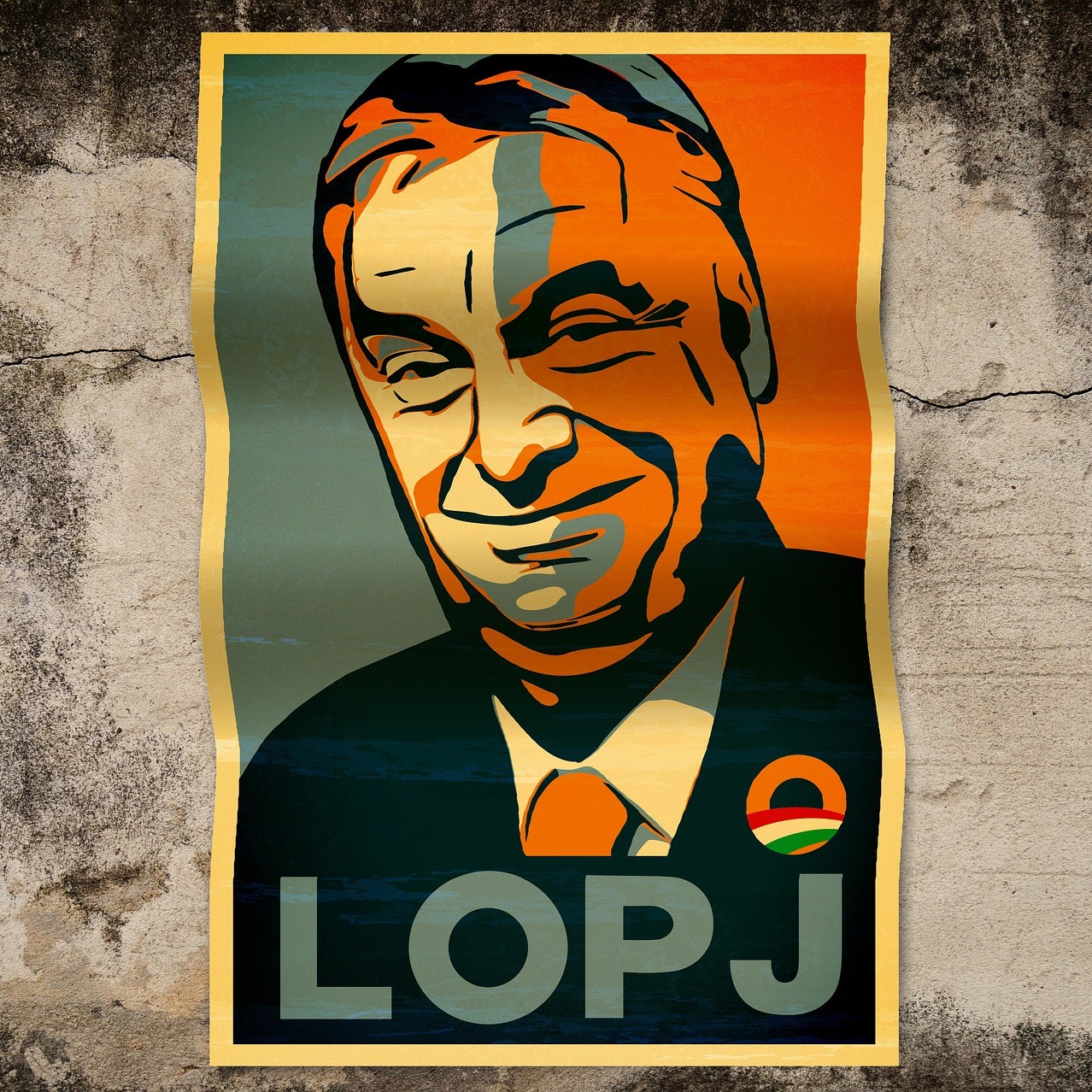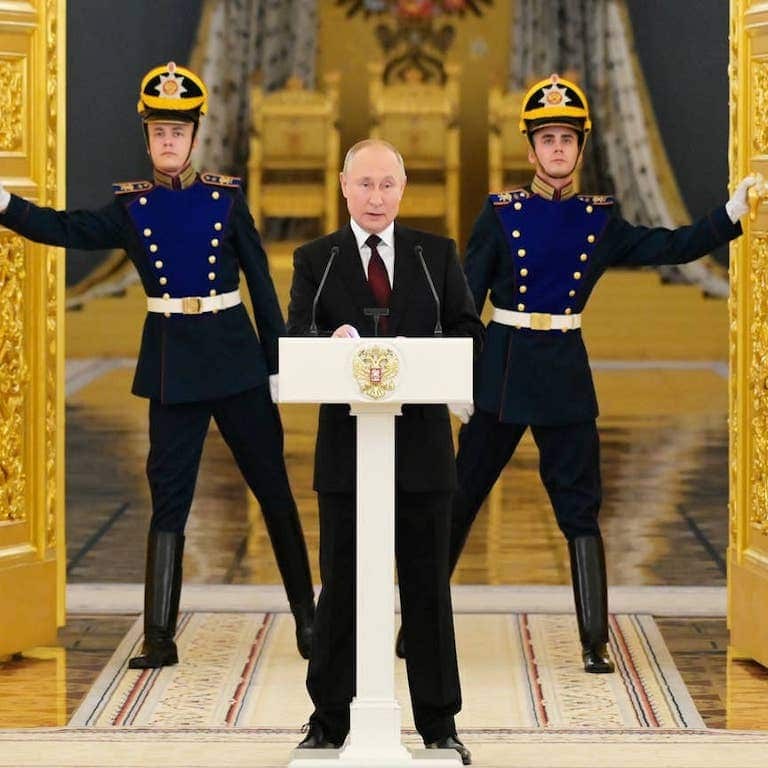What’s happening in the Crimea? How will the crisis between Moscow and Kiev in the Black Sea evolve after the “naval battle” on the Kerch Strait?
Vision & Global Trends has organised a Whatsapp Round Table (WRT)
with some experts to discuss the situation, turning to them the following questions:
What is your opinion about this crisis?
Why did it happen?
What will be the consequences of the crisis?
Paolo Bargiacchi, Professor of International Law, Kore University of Enna, Italy

The latest incident between Russia and Ukraine should be read against the
background of a more general and long-lasting tense situation between
Russia and Ukraine, on one hand, and Russia and the “West” (EU and US),
on the other. The EU effort to absorb Ukraine within its own political and
economic sphere of influence at any cost (i.e., by supporting the pro-EU
faction protesting in Kiev against the suspension of the signing of EU-Ukraine agreements in November 2013) has triggered Russian reaction and, as a consequence,
a state of confrontation between these players.
After Crimea became part of Russia, the Kerch Strait is no longer an international
strait according to Russia. Even if the right of free navigation is in principle allowed in these cases, Russia is limiting the exercise of this right for security and military reasons. Ukraine as well as the EU do not recognize the status quo and they qualify as illegal the annexation of the Crimean peninsula by Russia in 2014.
Accordingly, they claim full, unhindered and free passage through the Kerch Strait to and from the Sea of Azov. In the near future, no particular consequences will follow. Ukrainian captured vessels with their crew and equipment will be probably released by Russia in the next week or few months. In the long term, however, the escalating tension between Russia and the “West” might lead to a more serious confrontation and further armed incidents between Russia and Ukraine.
Petr Bistron, MP, Expert in Foreign affairs, Germany
 This is a dangerous situation, in spite of the fact that the initial incident is already over. The Russian Federation charges that three Ukrainian warships entered Russian territory, and detained them.
This is a dangerous situation, in spite of the fact that the initial incident is already over. The Russian Federation charges that three Ukrainian warships entered Russian territory, and detained them.
Elections are taking place in the Ukraine in March 2019. It is clear that President Poroshenko will not be re-elected. The Ukrainian government responded to the crisis by declaring martial law for 30 days. It is possible President Poroshenko is using the confrontation to distract from local problems.
There is the threat of increased volatility along the ceasefire line in Donetsk and Luhansk. In the mid-term, there is the threat of continued militarization of Ukraine, and a continued lack of communication between Moscow and the West. This escalation is dangerous and should be contained as soon as possible.
Cesare Ciocca, Contrammiraglio
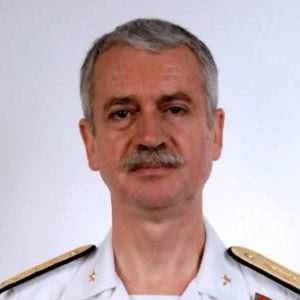
About the crisis in Azov Sea.
In my view, it is another step in the general strategy of Russian Federation to increase/enlarge its influence towards the Mediterrenean and Caucasus. It is also based on the idea to affirm Russian sovereignty in regions with Russian majorities, as their patriotism is always very strong.
Indeed, Russians violated the principle of free inoffensive transit in the Kherch Strait, as the Azov Sea is not internal waters of Russia.
It seems that this crisis will increase the “price” that Russia will ask from the West for its peaceful attitude towards Europe.
It is becoming more urgent for NATO and EU to resolve the confrontation between Russia and the Ukraine, with an appropriate political pressure on both, offering innovative solutions. This last option will require major effort from the West.
Côme Carpentier de Gourdon, Convener World Affairs Journal, India – Associate scholar IISES Vienna, Austria

The crisis happened because the internal conditions in the Ukraine are not good and the current government is very unpopular while abroad Ukraine is being forgotten because its problems have no ready solution and have created major embarrassment in the West.
The president of the Ukraine is trying to create a new crisis situation in order to force allies to come out in support and to put Russia under renewed foreign pressure. He hopes that this will lead to his re-election and to new financial support for the country.
Andrey Kortunov, Director General of the Russian International Affairs Council (RIAC)

The Kerch Strait was a perfect place for escalating the Russian-Ukrainian crisis. There are no ‘red lines’ in the Sea of Azov, no OSCE monitoring missions, no entranced and fortified defense infrastructure like in Donbas. It was also a win-win situation for the Kyiv leadership. In case the Ukrainian vessels had been let passing through Russian territorial waters without hindrance , President Poroshenko would have claimed announced a major political victory over President Putin. In case of Russia’s military reaction, Kyiv could have accused the kremlin of an aggression. As we know, the latter happened.
However, many in the West and in Ukraine itself suspect the Ukrainian president of having tried to provoke this clash in order to boost his personal political positions in view of the forthcoming presidential elections. It took him a lot of effort to push the martial law through the parliament, and the political opposition was able to introduce a number of important amendments to the bill. The US and the EU reactions were relatively moderate, no immediate new sanctions against Russia are likely to be introduced. A lot will now depend on whether Ukraine has an appetite for any further escalation or not.
Alexandre Latsa – Entrepreneur, Analyst

Probably the only reason why it happened “now” is that Kiev is facing a difficult internal situation.
Poroshenko’s ratings are low, Donbass will never go back to Kiev’s authority, and the Country is facing a terrible economic situation.
On the international scene, Russia’s diplomatic and economic isolation is a failure. Russia’s economy is adapting itself quite well to international sanctions while the incident at the Kerch Strait is the pure demonstration that sanctions “won’t” change anything in the way Russia chooses to defend its sovereignty.
France and Germany have already communicated that they don’t support more sanctions because of this incident while the position of the USA is still unclear. There seems to be no more unity on punishing Russia or not and if yes, how to do it.
Russia seems to be, at this stage, slowly but
Carlos Pereyra Mele, Dossier Geopolitician, Argentina
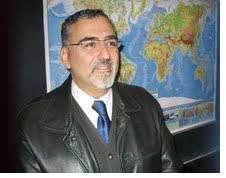
It is the consequence of a western escalation that broke the treaties signed by Gorbachev and Reagan, on the non-incorporation of Eastern countries into NATO of the former Soviet space.
The West (USA and NATO-Europe) is using the Ukraine as a spearhead to measure the Russian reaction. It all started with the incorporation of the countries of Eastern Europe and this is one more chapter in this advance, and that introduced the “revolution” of the Maiden square, like in their moment the war of the Balkans or the revolutions of colors. It’s Neocom’s old agenda and its theory of Reconstructive Chaos, of the Yankee deep state, not of the Trump administration.
As we are not in the decade of the 90’s of the last century, and the Geopolitical situation and Geoeconomical world are different.
The US is not in a position to establish two or three world conflicts, at the same time, this escalation will not be deepened. It does not well suit the US, especially when the Trump Administration tries to reduce very complex conflicts with Russia to reorganize its internal front.
The Ukraine will use martial law to try to bring order to its internal front, but it will not be able to invade the rebellious areas of the Donets, without serious consequences.
And the economic situation in Europe will be complicated by a conflict there to be able to participate in the New Way of the Silk of china.
Ksenia Tabarintseva Romanova, Assistant Professor, Ural Federal University, Russia

In my opinion, the incident once again demonstrates the policy of double standards of world powers in the field of international law. Ignoring the obvious violation of the articles on neutral waters by the UN Security Council indicates a deep erosion of the rights and norms of the world community.
The crisis once again testifies to the unresolved nature of the Ukrainian crisis: the internal dissatisfaction of international players with the adopted agreements on Ukraine is becoming increasingly apparent. This whole situation is reminiscent of the Pact of Four on the partition of Poland – a temporary lull before the storm.
I would very much like to believe in the development of a positive scenario, namely, a return to respect and observance of international law. However, this seems unlikely. Most likely in the near future we will be faced with new provocations with impunity and violations, as concrete measures to resolve the crisis are unfortunately not accepted, and there is a kind of simulation of its decisions: the game in a mutually disadvantageous sanctions and strong statements and threats on the part of Western partners, the failure of the UN security Council to discuss the incident. Another important factor cannot be excluded: in a few months, a presidential election campaign begins in Ukraine and the scenario of “Patriotic pumping” against the background of “activation of the external enemy”, within which there may be military provocations in the border areas, first of all, near the Crimea, which the Ukraine still considers its territory.
Luciano Tirinnanzi, Director of Oltrefrontiera News

My opinion is that this ultimate crisis is just a pretext for the Russians to show that the annexation of the Crimea territory is a hard fact from which they won’t even move. As for the Ukraine, this is perhaps their last chance to attract the international attention on this topic. But it doesn’t seem to fully work.
The Ukrainian government has been trying since 2015 to show the world that Russia passionately desires to gain as much as territory possible and to expand its own influence in the whole region in order to recreate a vassal state as it was during the Soviet era.
The actual situation is at a stalemate because NATO has not yet removed its concerns on what should be done. Neither the UN nor the USA individually has the real intention to heavily condemn the Kremlin’s provocative act. Because actions speak louder than words. So, the question is for whom is it convenient to go against Russia? One possible answer is just for the Ukraine.
articolo pubblicato su Vision & Global Trends
Redazione
La redazione di Babilon è composta da giovani giornalisti, analisti e ricercatori attenti alle dinamiche mondiali. Il nostro obiettivo è rendere più comprensibile la geopolitica a tutti i tipi di lettori.
La crisi della democrazia negli Stati Uniti
14 Lug 2024
Che America è quella che andrà al voto il 5 novembre 2024 per eleggere il suo presidente? Chi vincerà lo scontro tra…
Viktor Orbán, storia di un autorevole autoritario
9 Lug 2024
Era il primo gennaio 2012 quando la nuova, e subito contestata, Costituzione ungherese entrava in vigore. I segnali di…
L’Europa e le vere sfide del nostro tempo
29 Mag 2024
Nel saggio Rompere l'assedio, in uscita il 31 maggio per Paesi Edizioni, Roberto Arditti, giornalista da oltre…
I segreti dell’attacco russo all’Ucraina
13 Mag 2024
Dal 17 maggio arriva in libreria per Paesi Edizioni "Invasione. Storia e segreti dell'attacco russo all'Ucraina", il…
